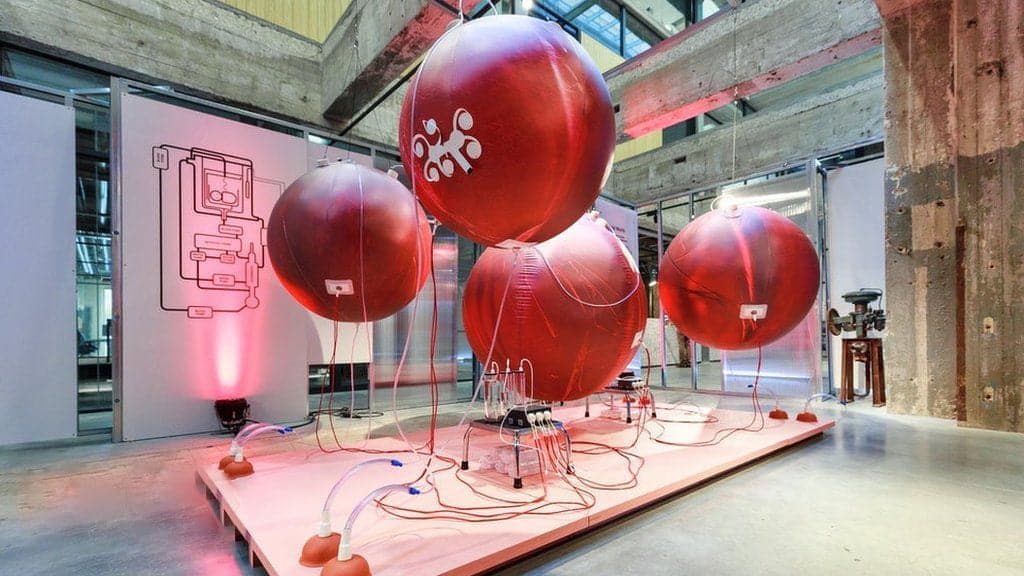Critically preterm babies always face a very uncertain future. Although a fetus is considered viable at 24 weeks of gestation, only about 60% of babies born this young survive, and many of those who do experience life-long complications.
For preterm births who are born a couple of weeks earlier, the statistics are even more dire: only 10% of babies born at 22 weeks are likely to survive. Building some sort of artificial womb could potentially save them. All.
Artificial womb, Holland makes progress
Last October, a team of researchers from Eindhoven University of Technology in the Netherlands announced that they had received a grant worth 2,9 million euros. The goal is to develop within the next 5 years a working prototype of an artificial womb where a baby can grow before being born.
The biobag
The project launched in Holland is not the only artificial womb on the horizon.
in 2017 Philadelphia researchers transferred lamb fetuses aged between 105 and 115 days of gestation (equivalent to about 28-30 weeks of human gestation), into a so-called “biobag” filled with artificial amniotic fluid. After several weeks in the bag, the lambs developed normally.
In March 2019 the technology has been further refined: a mixed Australian and Japanese research group kept alive even younger lambs, around 95 days of gestational age, in a more optimized system than the previous one.
Dr Matthew Kemp, who drove this last work, admits that researchers don't fully understand the mechanisms that drive the growth of a fetus inside a uterus. And this makes the creation of an artificial surrogate really complex. For this reason Kemp is skeptical of the Dutch team's plans, and says that it will probably take much longer than the 5 years expected.
And because the technology will presumably be very expensive, it is unlikely to be widely deployed any time soon, even if it is available.

Artificial womb: ethical problems
So far, what researchers call an “artificial womb” is essentially an enhanced incubator. It provides a fluid-filled space in which a fetus can receive nutrients and oxygen through a “placenta.” From there to complete ectogenesis (the incubation of fetuses outside a human being for the entire duration of pregnancy) there is still an enormous distance.
However, many bioethicists note that technology moves quickly and suggest that we start thinking proactively to avoid being unprepared for the arrival of similar technology.
For Dr. Elizabeth Yuko, bioethics of Fordham University in New York, the artificial womb will also be of great use. It could allow people who cannot have pregnancies (due to illness, infertility, sex or age, even if the latter case is decreasing considerably).
But it also raises concerns. For example, gestation outside the human womb would likely change perceptions of rights and responsibilities, he says Elizabeth Chloe Romanis, lawyer and bioethicist at the University of Manchester. If a fetus can grow outside a woman's body, the choice of whether or not to have the baby could be taken out of her control.
Another problem is that our legal rights are based on the fact that we were born alive. “I don't believe that someone pregnant in an artificial womb necessarily meets that requirement.”, says Romanis. “This raises some questions we've never asked ourselves.”


